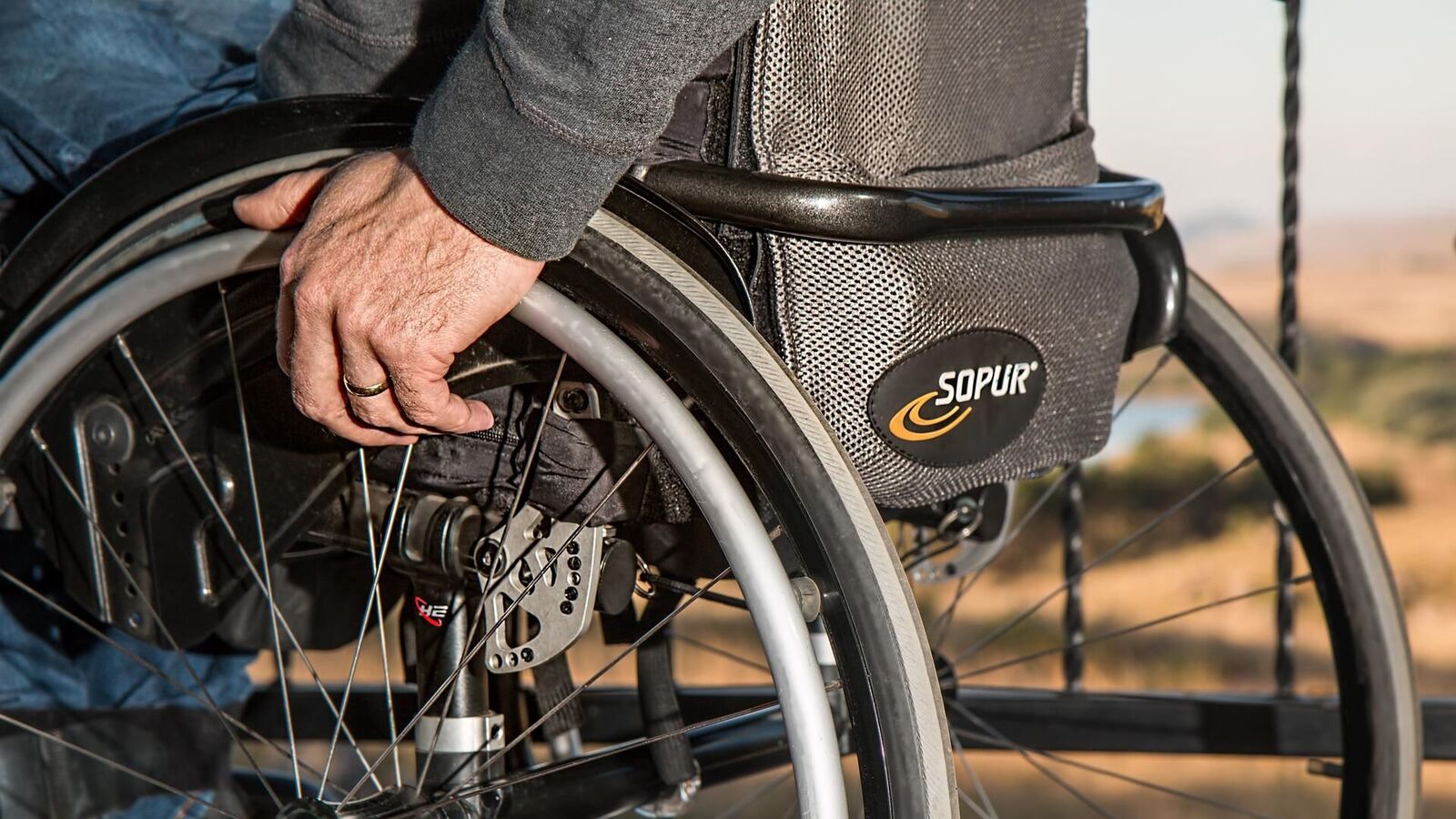Among the many other provisions and laws of the country, Section 80DD of the Income Tax Act, 1961 (the Act) is a vital provision aimed at offering relief to those caring for disabled dependents. This section allows tax deductions for expenses related to the medical treatment, training and rehabilitation of dependents, as well as for contributions to insurance plans that ensure the well-being of dependents after the death of the caregiver.
The section provides a fixed deduction of $75,000 of the total gross income for expenses incurred by resident individuals for the care of a dependent person with a disability. The limit increases to $125,000 for severe disabilities. Eligibility requirements include:
· Medical treatment and rehabilitation: Expenses for medical treatment, nursing care, training and rehabilitation of a disabled dependent.
· Insurance or annuity plans: Contributions to approved plans have the right to deduction. These plans must pay an annuity or lump sum to disabled dependents upon the taxpayer’s death or after they reach age 60 with discontinuous contributions.
· Medical certificate: A certificate from a medical authority is required.
The intention behind Section 80DD is to ease the financial burden on caregivers and create a fund for dependents upon the death of the caregiver, addressing inflation and healthcare costs.
Legal interpretation, modifications.
Prior to April 1, 2023, Section 80DD did not allow deductions for deposits made under approved schemes where payments were made to dependents before the death of the carer. This raised concerns about the accessibility of funds over the life of the caregiver.
The issue was highlighted in the case of Ravi Agrawal v Union of Indiain writing (civil) no. 1107 of 2017 dated January 3, 2019, where the Supreme Court recognized these challenges and urged the government to amend the law.
Budget 2022 amended Section 80DD to allow deductions for payments under approved plans if they provide an annuity or lump sum to dependents upon the taxpayer’s death or after they reach age 60 and contribution to such plans has stopped.
On August 20, 2024, the Supreme Court rejected appeals to apply the amendments retrospectively to insurance policies taken out before 2014, stating that the retroactive changes would fundamentally alter the terms of the contract, which was deemed inappropriate.
Key Considerations for Caregivers
Caregivers of disabled dependents may face challenges beyond the deductions available under Section 80DD. Key considerations include:
1. Ensure continued care and treatment of the dependent after death.
2. Make appropriate investment decisions that align with the needs of the dependent.
3. Structure investment programs to ensure funds/assets reach dependents.
4. Select appropriate people to manage the dependent’s assets.
5. Accumulate a financial fund dedicated to the well-being of the dependent.
Need to create a financial fund
As Stella Young, Australian comedian, journalist and disability rights activist, stated: “My disability does not exist because I use a wheelchair, but because the wider environment is not accessible.” Financial independence is crucial for dependents to ensure:
1. Independence after the death of the caregiver: financial resources help maintain standard of living and independence.
2. Reduced dependency on family: A dedicated fund minimizes vulnerability to changes in family dynamics.
3. Economic safeguard: A financial cushion protects against economic crises and inflation.
4. Preserve dignity and quality of life: Ensures the continuity of lifestyle and essential services after the death of caregivers.
How to create a financial fund
Caregivers should consider various investment options to build a fund such as term life insurance, money back policies, Sukanya Samriddhi Yojana and mutual funds. Establishing a trust under the Indian Trusts Act, 1882 can provide a structured approach to managing assets for the benefit of the dependent.
Government initiatives like DISHA, VIKAAS, SAMARTH and NIRMAYA (health insurance scheme) aim to support people with disabilities.
Additionally, the Department for the Empowerment of Persons with Disabilities has introduced benefits/incentives for employers of persons with disabilities. The introduction of more such schemes and their widespread awareness would be a welcome step and would contribute to the social and economic empowerment of such people.
Additionally, caregivers must take immediate steps to not only support their dependents during their lifetime, but also to establish accessible funds for the future. Paths such as creating a trust ensure that these funds are managed properly, protecting them from disputes or misuse.
Authors: Sonu Iyer, Tax Partner and National Leader, People Advisory Services, EY India, and Amarpal S. Chadha, Tax Partner, EY India. Shanmuga Prasad, head of tax at EY India, also contributed.
Disclaimer:
The information contained in this post is for general information purposes only. We make no representations or warranties of any kind, express or implied, about the completeness, accuracy, reliability, suitability or availability with respect to the website or the information, products, services, or related graphics contained on the post for any purpose.
We respect the intellectual property rights of content creators. If you are the owner of any material featured on our website and have concerns about its use, please contact us. We are committed to addressing any copyright issues promptly and will remove any material within 2 days of receiving a request from the rightful owner.

